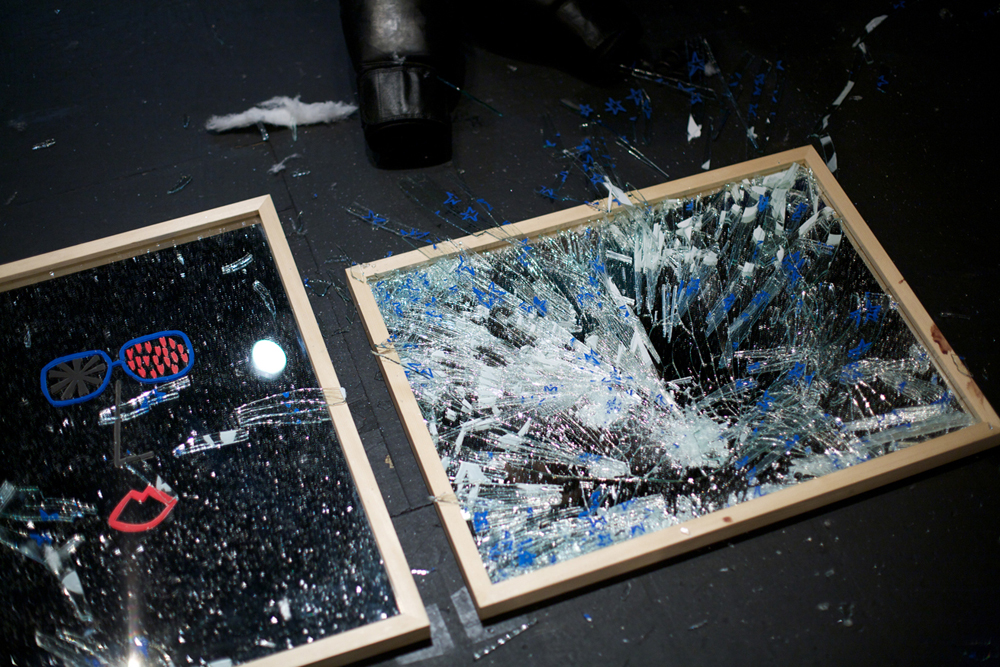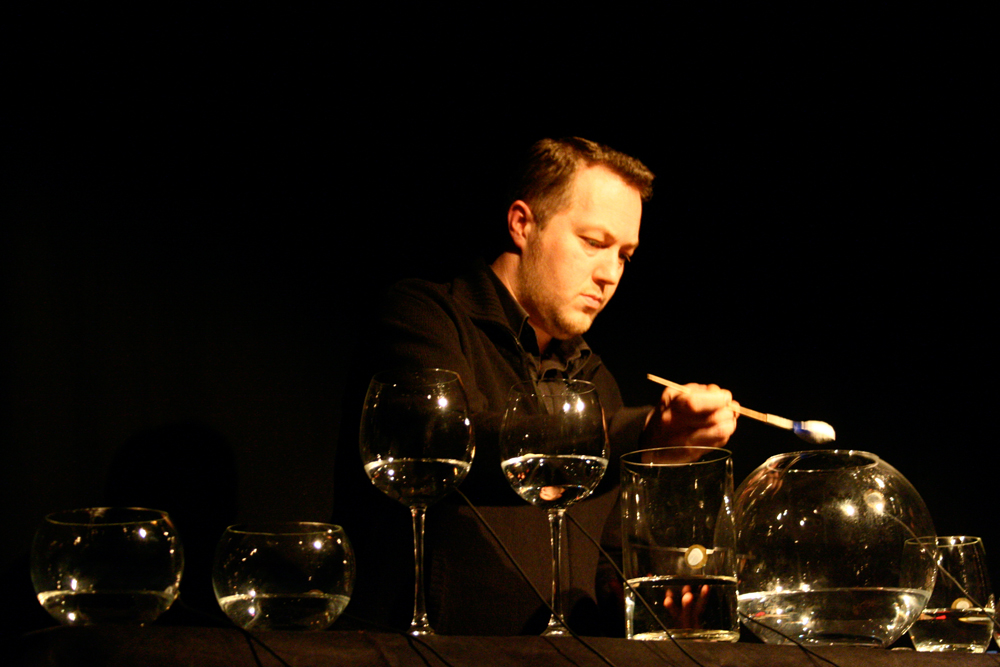
Prefiguring the World We Want to Live In
Che Gossett Kai Lumumba Barrow Miss Major Tourmaline
How do communities practice being one another’s means, addressing their material problems facing them replicating the state’s violent logic of who is disposable.













